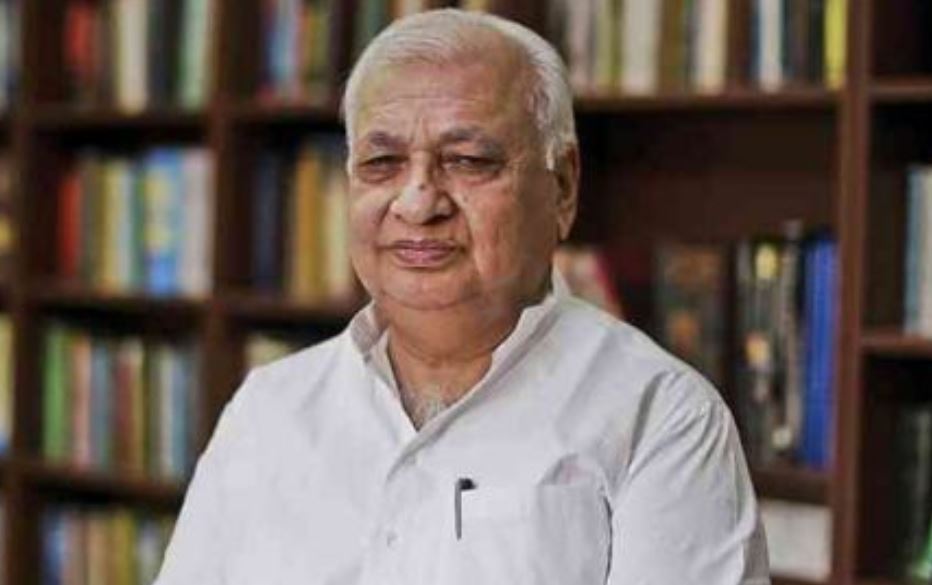
Kerala government should have told me before moving SC on CAA: Governor

Kerala Governor Arif Mohammed Khan on Thursday (January 16) said the state government broke protocol when it moved the Supreme Court against the amended citizenship act, without consulting him first.
Calling such an act “improper”, Khan while speaking to reporters at the airport, said protocol demanded that he should have been informed first.
“Even the rules of the Assembly provide that the legislature shall not discuss any subject which does not come under their constitutional jurisdiction. I have no problem if they go to the Supreme Court. Even there I feel, without informing the constitutional head of the state, what they have done is improper,” he said.
Also watch: Kerala invokes Article 131 to challenge CAA in Supreme Court
“Yet I do not find anything wrong with it. I do not find any fault with their decision to go to Supreme Court, why because, Constitution gives that authority to the Supreme Court. But the protocol demanded that they should have informed me first,” the governor added.
He also said that he will check and find out if the state government is allowed to approach the Supreme Court without the permission of the governor.
The country has been witnessing nationwide protests against the Citizenship (Amendment) Act, which seeks to provide Indian citizenship to persecuted minorities from the Pakistan, Bangladesh and Afghanistan, since the bill was passed by Parliament.
The Kerala government had on January 13 filed a petition in the apex court, saying the Citizenship (Amendment) Act was contradictory to constitutional ethos. Kerala was also the first state to pass a resolution against the act.
Also read: Kerala takes its anti-CAA fight to SC
Kerala Chief Minister Pinarayi Vijayan was also the first to write letters to governments of 15 non-BJP states, urging them to support it in the protest against the law.
More than 60 writ petitions have been filed against the CAA, in the Supreme Court and are due for hearing on January 22.
(With inputs from agencies)


